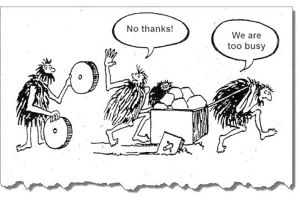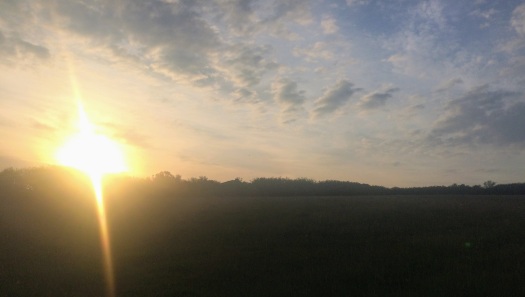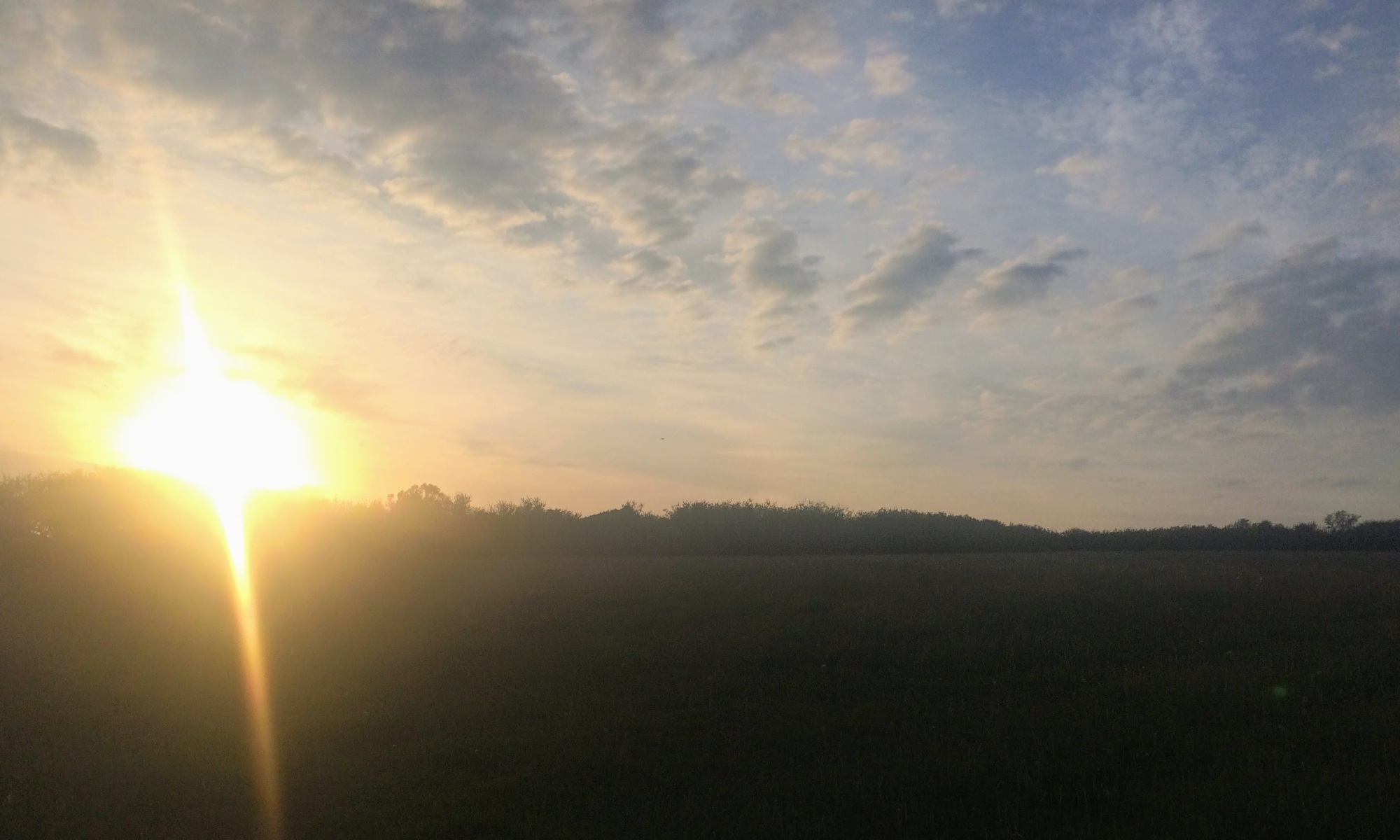A friend posted this article by Omid Safi last week. The way it opens is reflective of many conversations I’ve had with friends and colleagues, who, like me, live in London. I remember there was a kind of ‘busy’ trend amongst my friends around 5 years ago: too busy to do anything at short notice, too busy to do anything at the weekends, absolutely too busy to do anything over the entire summer, sorry my diary is full!
I think we’re more aware of the fact that this isn’t necessarily a good thing now. But do we know how to get off the rollercoaster? To use Safi’s way of phrasing it, are we in touch with and in control of our ‘how our heart is doing’, or do our schedules (work and social), electronic devices and societal norms control us? Are we really connecting with others – and how often do we feel totally at ease?
There is of course a place for celebrations (birthdays, weddings, hen dos, stag dos, sten dos…) and being entertained by the plethora of options (live theatre, film, live screenings of theatre, TV, TV on catchup, TV in bed on your mobile device…) and earning a living, and all that personal admin, that seems to seep into every minute of free time, and emails and social media…There’s even a place for worrying about things that may or may not ever happen.
But I think there has to be a very different place, for clearing a wide open horizon, somewhere, somehow. I see it a bit like running a business; if you’re constantly busy with the operational stuff, you’ll never have time to reflect, strategise, develop and grow.

When I started facilitating creative workshops in 2010, I quickly realised that they didn’t just offer participants an enjoyable form of escapism, into imaginary worlds as well as a trusted, supportive community provided by the rest of the group, but that the exercises that we were taking part in together required everyone to be truly present and to be in the moment with each other.
Improv, for example, doesn’t allow for your mind to be still stuck on what happened earlier that day, or to be making a shopping list in your head, or worrying about the 93 unread emails you still have in your inbox (unless those are the actual themes of the exercise). You also need to be connected to others, holding a kind of peripheral vision that can quickly pick up on and respond to verbal and visual cues. If you’re too up in your head, worried about what will come out of your mouth next or not aware of what’s going on around you, you’re not doing improv. There has to be something going on behind the eyes.
What I now think of as the profoundly positive impact that these kinds of exercises and workshops can have on any group has been demonstrated in particular through my work with young people with acute and complex mental health problems at Theatre Troupe.
Theirs are not the problems described in Safi’s article; they may be on their devices all the time, but they are also likely to suffer from high levels of anxiety and often hypervigilance. They might be facing exclusion or bullying at school. They might be worried about their parents, who are likely to be vulnerable and many of whom live in poverty. However, at the end of each weekly session, their message is clear: “You made me feel better, calmer, happier.”
On a regular basis, this impact can start to build resilience in these young people; if they can be themselves and connect with others in this more relaxed, more ‘them’ state for three hours a week, they can start to put into practice some of the things they learn in the workshops in their own lives. We’re already seeing this at Theatre Troupe as parents, teachers and social workers see the change in the behaviour of the young people they live and work with.
Happy Hour is my adapted version of this very flexible methodology, and takes the format of a six-week evening course for adults of any age, who need a wide sky space to be in on a regular basis, and who’d like to do this in a fun, creative way as part of a small group. It includes activities that allow plenty of scope for the group to connect in different ways. Activities are relaxing and fun, gently drawing out our easy selves from within our multi-faceted outside world personas.
At the end of the six weeks, my aim is for every single person in that group to at the very least have a new sense of awareness of what having that time out from all the busy-ness feels like, and to feel human, amongst a newly-formed friendship group of other humans.
When Safi says, “you’re more than just a machine”, it may seem obvious, but it feels like we need to hear it. We’re humans, and we need to listen to how our hearts are doing.
You can find out more about Happy Hour here. You’re also welcome to email me at bringthejoyback@gmail.com.
Here’s a wide sky for you to dream of in the meantime.


